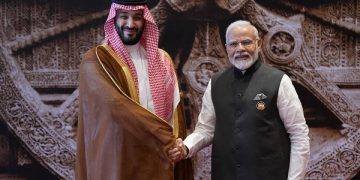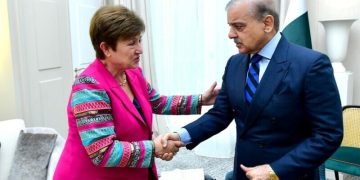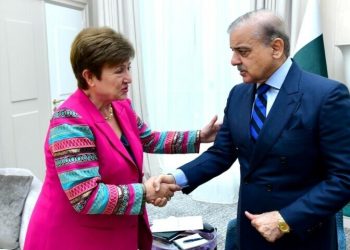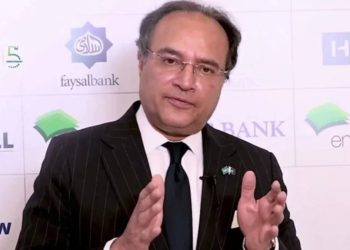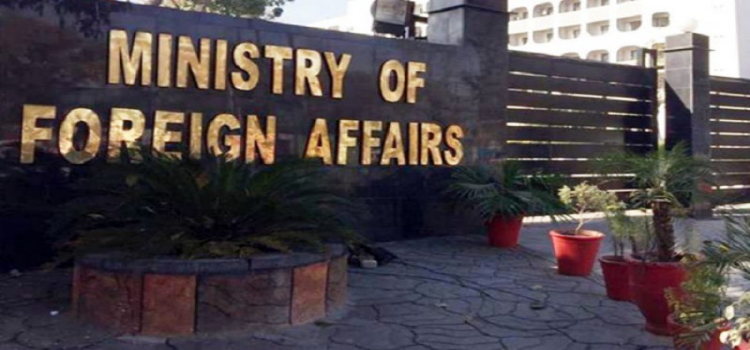The International Monetary Fund (IMF) has refused to grant concessions on the majority of items proposed in the Finance Bill 2024-25.
The Fund, so far, has agreed on abolishing the goods and services tax (GST) on textbooks, restoring rebates for professors, and researchers, withdrawing Federal Excise Duty (FED) on cement and some other technical changes.
As alternate options for reducing the FED on cement, the government has decided to enhance the Federal Excise Duty (FED) on air tickets for abroad and the rate might be doubled in the Finance Bill.
The IMF has so far refused to allow the government to restore export proceeds into a fixed-income tax regime, as the exporters were lobbying hard against going into a normal tax regime.
The government has forwarded this proposal for restoring a fixed regime for exporters with enhanced rates from 1 to 2 or 3% to the IMF to secure its assent. The IMF, however, has refused to grant its permission. The Fund high-ups want treatment of all incomes under the normal taxation regime, including earnings of exporters.
The government is all set to prepare the Finance Bill which will be tabled before the National Assembly within this week.
A question arises how the government will adjust the fiscal space of Rs250 billion created through reduction in Public Sector Development Programme (PSDP), reducing it from Rs1,400 billion to Rs1,150 billion from budgetary resources. Will this cushion be used to reduce the tax rates? The IMF seems not letting the government do so.
Pakistan and the IMF continued virtual parleys in the last few days. The government asked the Fund for the withdrawal of GST on stationery items. The IMF has agreed to withdraw the GST on textbooks only but all other items might remain at 18% GST, including items such as pencils, sharpeners and exercise books.
The government had proposed enhanced FED on cement from Rs2 to Rs3 per kilogram in the budget, but now the IMF has granted its assent for not increasing the enhanced rate on cement.
At present, the Finance Bill 2024-25 proposes that persons deriving income from exports have to pay 1% tax on their export proceeds, which is the final tax.
On the principle of horizontal equity that taxpayers with equal income should pay equal tax, it is proposed income from exports be subjected to normal rates with 1% tax collection on their export proceeds treated as minimum tax. The IMF has given stiff resistance to this proposal, and the government might not be able to please the exporters.

